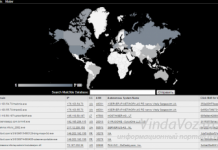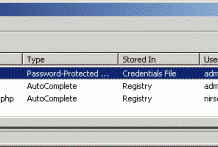The Trump administration has effectively ended the IRS’s Free Direct File program, a relatively new initiative designed to empower Americans to file their taxes for free using guided software vetted by the agency. This move comes as part of a larger tax reform package known as the “One Big Beautiful Bill.”
IRS Commissioner Billy Long confirmed the program’s demise at the National Association of Enrolled Agents Tax Summit, stating bluntly that “Direct File is gone…Big beautiful Billy wiped that out.” He emphasized his focus on modernizing the IRS’s auditing technology, saying, “I don’t care about Direct File. I care about direct audit.”
Internal IRS reports indicate that over 300,000 taxpayers utilized Free Direct File in its initial year of operation (2025) following a pilot program in 2024. Senator Elizabeth Warren and other lawmakers have criticized the administration’s decision, accusing them of prioritizing the interests of large tax preparation companies like H&R Block and Intuit (owner of TurboTax). They argue that these corporations stand to gain financially from the demise of the free filing option.
“Direct File was an easy way for Americans to file their taxes FOR FREE each year,” Warren wrote on X, formerly Twitter. “It’s a no-brainer — and it’s popular. So why in the world did the Trump administration kill it? To give a huge handout to giant tax prep companies like TurboTax that rip Americans off.”
While the IRS hasn’t formally announced the end of Free File, they have suggested exploring private partnerships to replace the service. They claim Commissioner Long is dedicated to modernizing the agency and improving taxpayer experience. This would include providing greater transparency regarding returns and audits. An IRS spokesperson told CNBC that they anticipate a forthcoming Treasury report to Congress outlining both the Direct File program’s findings and potential public-private partnership alternatives, as mandated by the “One Big Beautiful Bill.”
The elimination of Free Direct File raises concerns about accessibility and cost for millions of Americans who relied on this program.
It remains to be seen whether alternative private partnerships will offer comparable affordability and ease of use. The upcoming Treasury report is likely to provide further insight into the administration’s rationale behind this decision and its implications for future tax filing practices.










































































